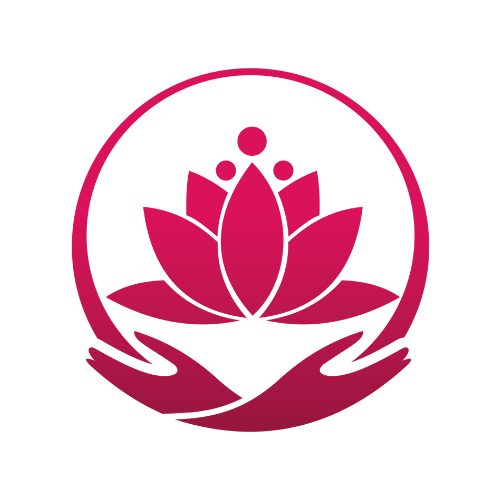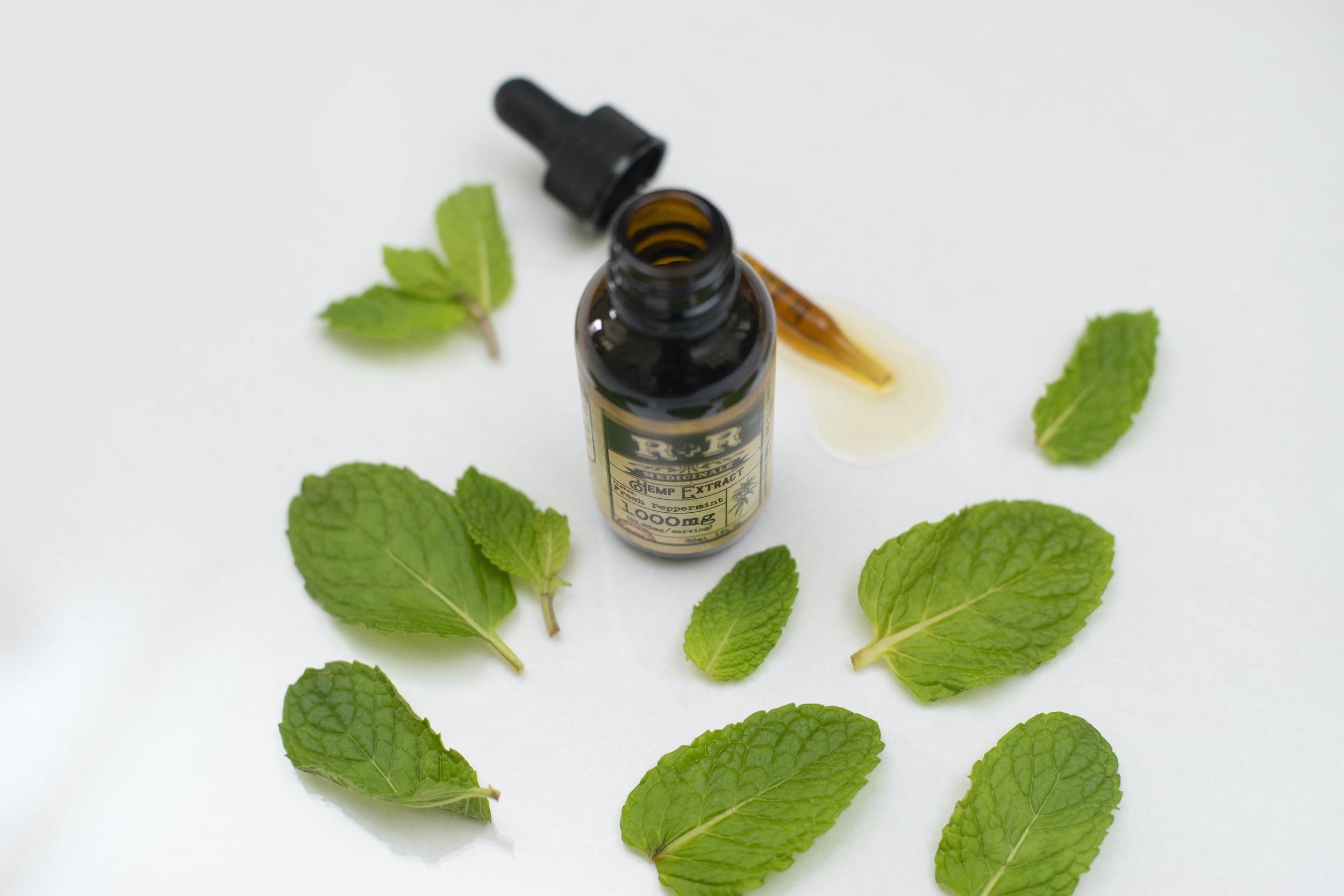Ayurvedic usage of essential oils
A bit more than a decade ago I was smitten by the magical world of essential oils. I lived in Ukraine at that point in time, and it wasn't easy to get them. Had to order them from Europe, or purchase them while traveling. Anyway, I used them for aromatherapy for my family, for cosmetic purposes, and to clean the house. The variety of usage fascinated me. In some cases, they didn't meet the expectations, but in most cases, they did. I'm a very logical person, and I felt like something was missing. I was wondering, why mint oil is working for my husband's headache but never worked for my mom. I cannot just simply go with a list of oils for this or for that and be satisfied with trials and errors. I would like to know, why this particular oil is used.
That was before I started to learn Ayurveda. It added the missing pieces and put everything in place.
'Everything in this Univers is composed of five elements (Pañca Mahabhūta): water, earth, fire, ether, air'. Each and every single fruit, plant, flower, etc., are made from five elements. Our bodies are made from the five elements, and the diseases as well (we call them Doṣa aggravation). Very simple but still not enough, right? How we are going to understand, which element is present in disease or in the healing substance?
The elements have qualities, and the substances composed of them carry the same qualities. When you see the imbalance, you use the opposite quality, as simple as that. If it is cold, use warm; rough - smooth, dry - moist, etc. I'll show you how to use this rule in the most popular essential oils.
Eucalyptus oil is one of the most commonly used essential oils for colds, coughs, and congestion. It is pungent, bitter, astringent in taste, and has a pleasant smell. Eucalyptus is light, but unctuous, heating. Hence it could be used in all Kapha and Vata-related respiratory problems. What does it mean? Because of the heating potency, it cannot be used in inflammation (e.g. bronchitis) or fever. But it works miraculously for chest congestion with white phlegm or dry cough. It also could be used in case of pain in bones or joints but needs to be avoided in a burning sensation. It could be used as an antiseptic as well. The best way to use it is to put in a diffuser or house cleaning solutions during the cold season. Could be applied on a chest in cough but needs to be mixed with a carrier oil.
Peppermint oil is another widely used essential oil. It is predominantly composed of the ether. Hence, it is light, dry, slightly cooling, and clarifying. It helps to clear the mind and the senses but could be very ungrounding if used in excess. This one is excellent for headaches associated with heat (after exposure to the sun), irritability, light sensitivity, and pulsing or throbbing headaches. Avoid using it during a migraine, when you feel ungrounded, or dizzy. Peppermint is highly useful for cough, cold, and sore throat. But I would not give it to someone who feels cold or has a dry cough. Very good antiseptic, one of my favorite all-purpose cleaners during the spring-summer months. Speaking Ayurvedically, it is good for Pitta and Kapha.
Lavender oil - you could never get wrong with this one. It's slightly cooling, light, and not too dry. Lavender has a specific action on the mind, we call it 'Medhya' in Ayurveda. Whenever you feel too agitated, anxious, or irritable it will help to calm you down. It improves the quality of sleep if you are a light sleeper or having trouble falling asleep, hence beneficial for insomnia. Whenever your child is difficult to calm down after an eventful day, add a few lavender drops on a pillow or during the bath. Amazingly works in the case of classic migraine, especially if the mind is involved. Lavender is soothing for the skin and could be used for burns, insect bites, and irritation. Aside from all, lavender oil has a very pleasant smell, so you could add a few drops to any mixture, whenever you want to mask an unpleasant one. I use it widely around the house because of its antiseptic properties and flowery scent. Ayurvedically, it is tridoṣic.
As you could see, with the wisdom of Ayurveda, we could easily adjust and understand the usage of a particular oil. I know, not everything could be clear right now but with more observation, you will get used to it. I'm always open to comments and questions.
I highly recommend avoiding using essential oils inside. I see many more bad outcomes than health improvements. This includes burning in the stomach, acidity, bleeding, etc.



